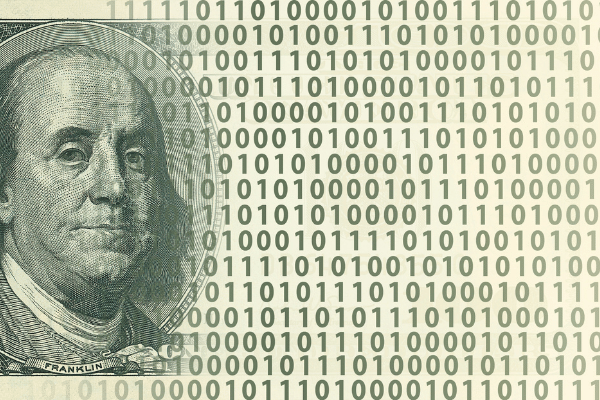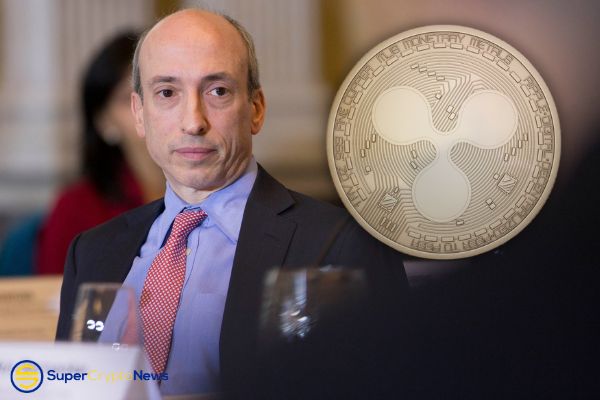The Federal Reserve Bank of New York is teaming up with international financial industry behemoths like MasterCard, Citigroup, and others to launch a 12-week pilot programme for a digital dollar system.
According to Reuters, the “regulated liability network” experiment will be carried out in a test setting with simulated data. The two largest international banks, HSBC and Wells Fargo, in addition to MasterCard and Citigroup, are also a part of the test programme.
The pilot’s goal is to see if banks can speed up transactions by adopting a tokenized form of the dollar stored in a single database. Thus, the initiative is different from conventional cryptocurrencies, which depend on distributed ledgers rather than a database.
Whether a CBDC (central bank digital currency) is a good idea is hotly debated within the US government and the Federal Reserve, with one US Senator even suggesting a CBDC ban.
A digital dollar is likewise opposed by many in the traditional financial sector. The American Bankers Association claims that the alleged advantages of a CBDC are “uncertain and unlikely to be realised” and run the danger of undermining the banks’ corporate strategy.
The bankers further stated in a letter to the Federal Reserve at the time that a US CBDC is “not necessary to ‘digitise the dollar,’ given the dollar is mostly digital now.
Nonetheless, there are also those who hold a more optimistic outlook. One of them is Michelle Neal, head of the market group at the New York Fed, who stated earlier this month that her team believes that there’s a potential in employing a CBDC to speed up settlement time.
President Joe Biden’s Executive Order on cryptocurrency from March of this year specifically mentioned CBDC. The President suggested that the US formally consider creating its own CBDC in it.



